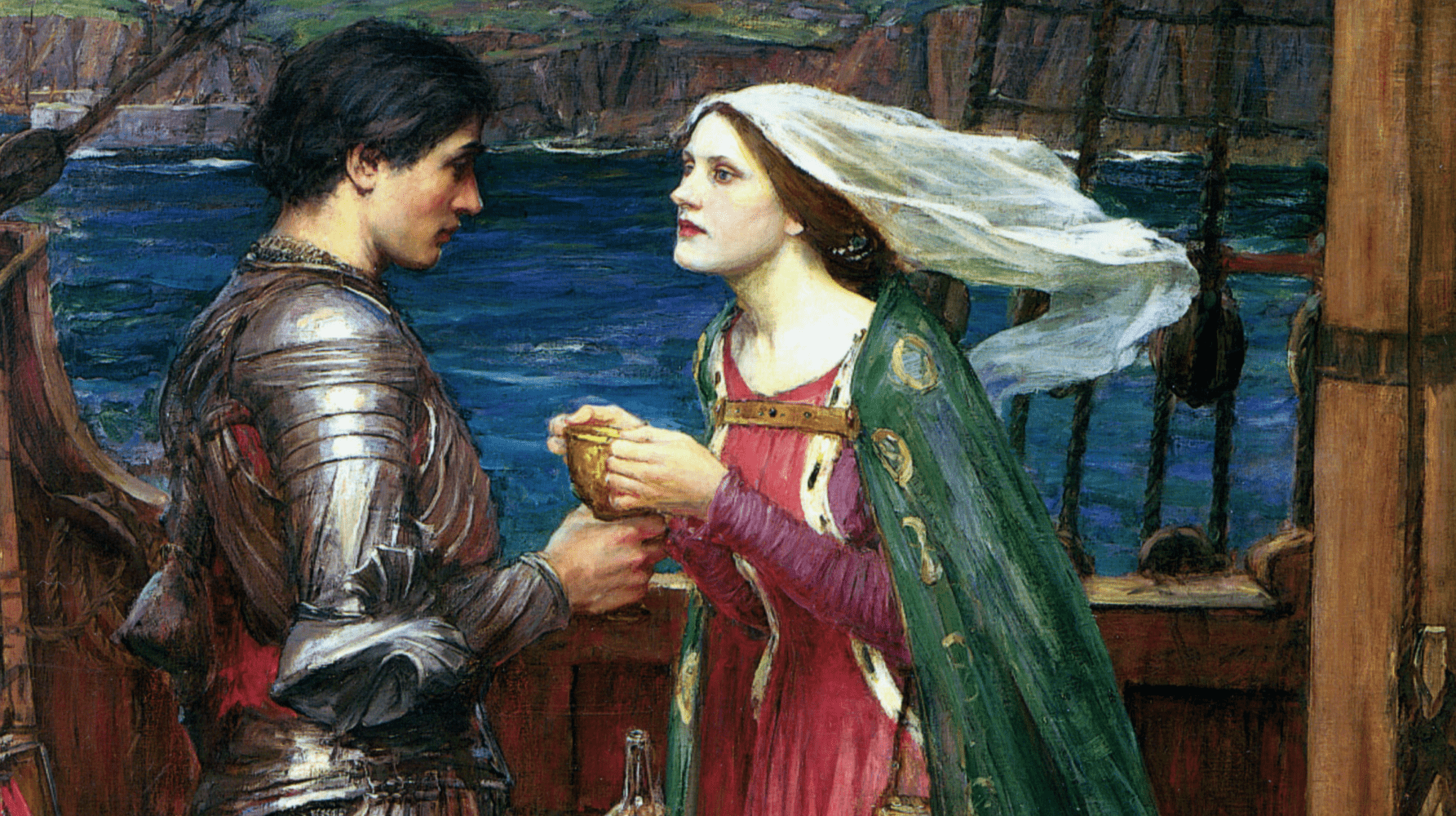
John William Waterhouse: Tristan and Isolde with the Potion
June 8 is "National Name Your Poison Day." Though the origins of this offbeat holiday are unknown, bartenders typically celebrate by asking their patrons to "name your poison" — that is, to pick their preferred alcoholic beverage. We decided to take a more literal approach to the day’s festivities.
Check out this list of 10 operas about poisonous and medicinal plants, inspired in part by the research of João Paulo André at the Department of Chemistry at the University do Minho in Braga, Portugal. For more information, be sure to read his paper "Opera and Poison – A Secret and Enjoyable Approach to Teaching and Learning Chemistry."
1. Haydn: Lo speziale (Der Apotheker)
In the aria "Per quel che ha mal di stomaco," one character in Joseph Haydn's opera about an apothecary describes the virtues of rhubarb and manna for the digestive system.
2. Donizetti: Il campanello
In the "prescription duet" of Gaetano Donizetti's opera centered around a wealthy pharmacist, two characters mention several poisonous and medicinal plants and chemicals, including antimony chloride, mercury sulfide, sulfur, manna, and castor oil.
3. Puccini: Suor Angelica
In "Amici fiori," Giacomo Puccini's Suor Angelica makes a poisonous drink with oleander, cherry laurel, hemlock, and belladonna.
4. Wagner: Tristan und Isolde
Nightshade is a plant central to the plot of Richard Wagner's Tristan und Isolde, one of the most famous operas involving poison.
5. Thomas: Hamlet
Though Hamlet is one of Shakespeare's most commonly revived plays today, it is less commonly known in its operatic adaptation by Ambroise Thomas. Hamlet contains several mentions of poison, including a drink prepared with henbane.
6. Gounod: Roméo et Juliette
The star-crossed lovers of Shakespeare's Romeo and Juliet, adapted for the operatic stage by Charles Gounod, rely on poison in order to trick their families. Juliet's "poison aria" is one of the most famous excerpts from the opera.
7. Delibes: Lakmé
Everyone knows the "Flower Duet" from Léo Delibes' opera Lakmé. But did you know that flowers are also the cause of Lakmé's death? She kills herself by ingesting the poisonous datura plant.
8. Meyerbeer: L'Africaine
In this French language grand opera by Giacomo Meyerbeer, Sélika, an enslaved Indian woman, commits suicide because her love for the Portuguese explorer Vasco da Gama is unrequited. She dies by inhaling the poisonous vapors of the manchineel tree.
9. Gomes: Il Guarany
Apparently, operas involving European imperialism are ripe for poisonings! In this opera by Carlos Gomes, some characters are killed with poison arrows when the Portuguese, Spanish, and two indigenous tribes encounter each other.
10. Catán: La hija de Rappaccini
Daniel Catán composed this Spanish language opera based upon the short story by Nathaniel Hawthorne. The work is about a diabolical botanist who traps his own daughter in his garden, where he slowly poisons her.







